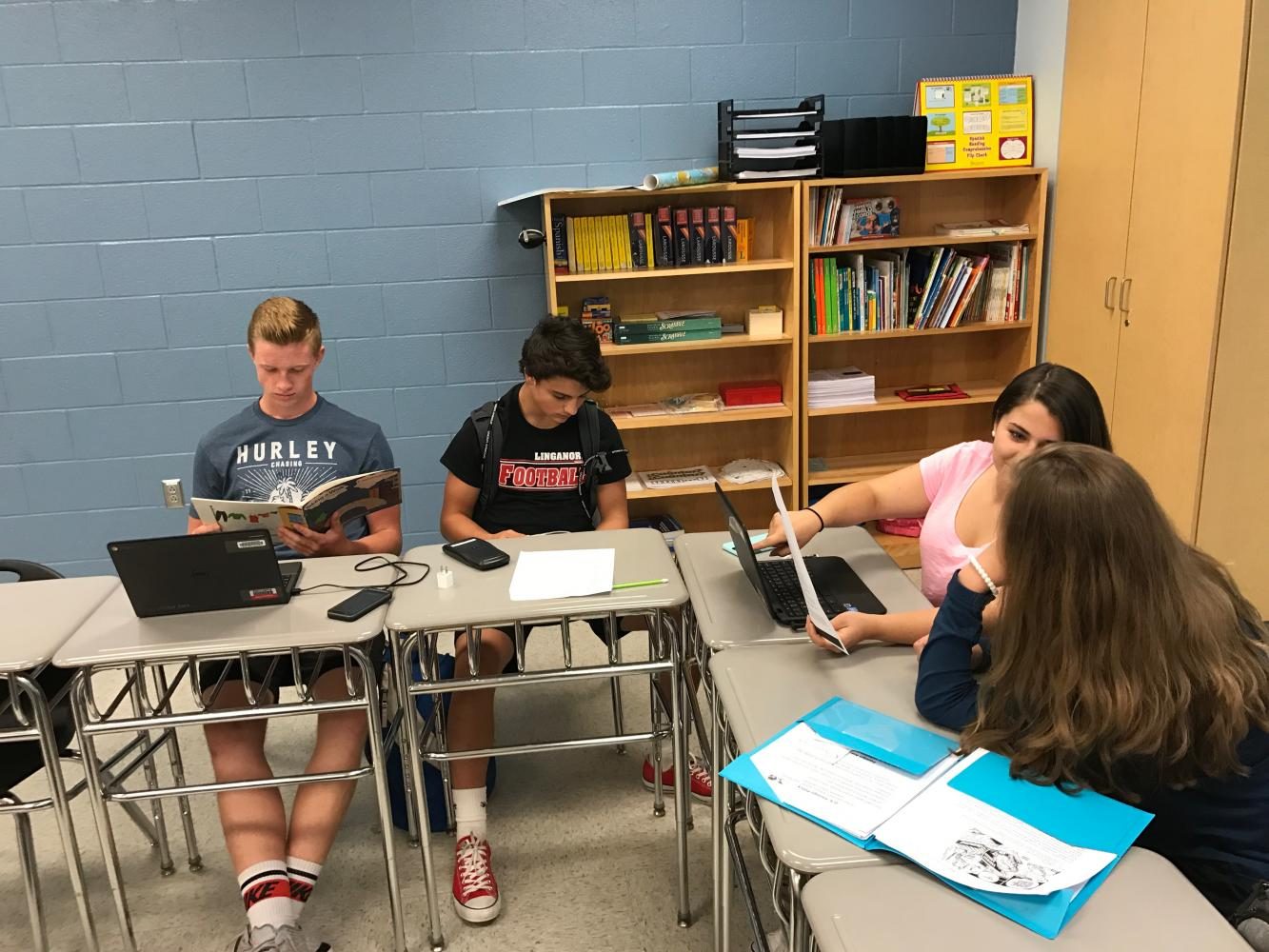Don’t let tutoring torment you: Why grading in PREP is ridiculous
May 18, 2017
In the inaugural year of the PREP block, there have been many ups and downs.
In this period, many students use this time to monitor grades, get a head start on homework assignments, study for classes and tests, as well as completing and making up classwork assignments.
However, other students have used their time unproductively, accomplishing little or nothing in what was supposed to be allotted time for studying and tutoring from teachers.
There are improvements that can be made, as this first year of the period’s inclusion in the schedule was one meant for improvement. Grading students on their prep performance is not the answer to a problem that can be solved with more simple solutions.
A grading system for PREP would be a difficult and pointless system to understand for many reasons. Given that PREP classes are organized by grade, with randomly assigned teachers, how would work be graded and judged by a teacher who doesn’t have the student in a class? Because of the random selection of teachers for these classes, it would be hard to distinguish grading an assignment that a student did in class or a paper that PREP time was used to work on. This factors into the potential for cheating and dishonesty occurring in this grading system.
What if students don’t have work to finish or catch up on? Students can’t be graded on having anything to do. When finished work, going on approved websites or reading magazines or books shouldn’t have to be a problem. Grading would either have to be based on completion or accuracy, which seems like a stretch of effort for teachers who are supposed to tutor students from their own classes.
Not all classes cause riots and raise havoc either. This can be referred to the maturity of different ages. As being in a freshman Prep class myself, I see some kids being louder and more off task than others. We are 15 and young and only getting our first taste of high school. But when I walk in the halls by PREP classes with upperclassmen, I hear crickets.
Not only does this inconvenience teachers, this potentially hurts students and their grades. It’s unfair for a student’s GPA to fall due to an irrelevant grade in what was meant as a learning and tutoring period. Having a poor grade also means that the many athletes couldn’t participate in their sporting events, or even attend practices. What’s more, a sub-par GPA score can scare away colleges and create trouble at home. Is the potential risk of lower grades more important than the use of time over 35 minutes? I sure think so.
Although implementing grading isn’t the answer, that doesn’t mean that other simpler solutions won’t steer students in the right direction. Students without work to finish can help others with their own. They can read a book or help a teacher prepare for their next period. There can be rewards at the end of the week given to those who behave the best. All of these options suffice over grading how a student performs in a relaxed study hall period.


